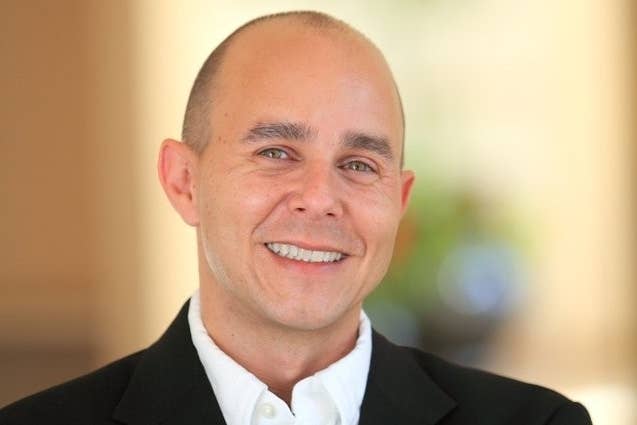Trion's former CCO: AAA development is "fundamentally broken"
Hartsman comments on AAA and devs becoming "business-aware"
Last week, Trion Worlds went through a large round of layoffs, just days after the company turned its first MMO, Rift, into a free-to-play title. During the layoffs, former Trion Worlds chief creative officer and Redwood studio general manager Scott Hartsman tweeted that the current "model of game making" is "fundamentally broken." Massively spoke with Hartsman in at attempt to dig deeper into his thoughts on the matter.
"I think what's become broken is the traditional AAA style of development and distribution, MMO or otherwise," Hartsman reiterated. "We're approaching the point at which AAA projects need to be blockbusters just to sustain everyone in the ecosystem: the developer, the publisher, the manufacturing and physical goods cost, the distributor, the retailer, and in some cases, the platform/console owner. "
"The movie model worked when companies could absorb missteps and teams could hopefully learn from their mistakes to fight another day. As the absolute costs go up, fewer and fewer companies are capable of doing so. That's what's broken. When it comes to who pays the piper in that list a couple sentences ago, it tends to get paid left-to-right, beginning with the developer."
"More product creators realize that, and more are choosing to step out of that ecosystem entirely. Stepping away gets easier every day in a world that now contains things to help you operate independently at a far lower cost, faster than ever before, from funding to accelerating your development, helping you host, helping you bill, helping you distribute, helping you analyze, and so on," he added.
Hartsman believes the industry is evolving to a point where every developer is "business-aware" to some extent, as executives and marketing become more "product-aware."
"In past generations, in a lot of places, it was, 'Devs, just do your dev things and let the business people figure out the business-y bits. Business people, figure out which of the eight widget types it is, get it on the shelf, and here's some money to get people to buy it.' That's all changing," he explained.
"Going forward, we'll see an expansion in both directions as developers become more business-aware and non-developers become more product-aware. That's actually a great thing. It means more people inside of games companies will have to care about the customer than ever before. People of all disciplines now need to be "product people" who are always conscious of their impact on customers and what they experience. Especially online."
"Conversely, we'll also start to see more traditional product people with a keener sense for what it takes to succeed as a business in ways their customers will genuinely appreciate," Hartsman added.
The full interview is available at Massively.

